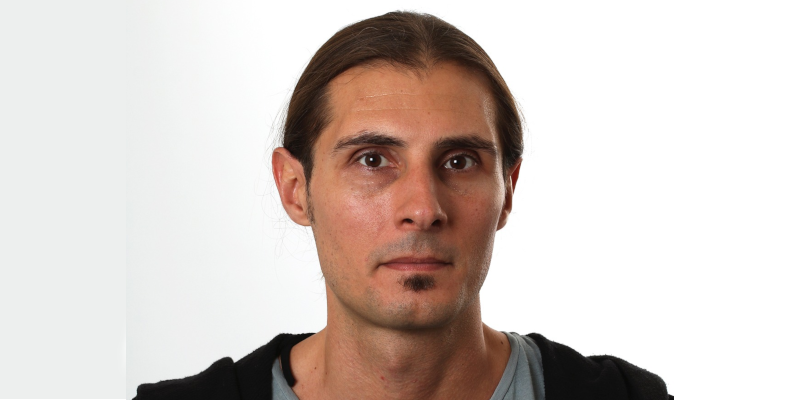Research seminari by Stefano Fasciani: Modeling analog audio effects using low latency deep learning architectures
Research seminari by Stefano Fasciani: Modeling analog audio effects using low latency deep learning architectures
Research seminari by Stefano Fasciani: Modeling analog audio effects using low latency deep learning architectures
Thursday June 15th, 2023 at 11h in room 55.003 (Universitat Pompeu Fabra)

Abstract:
The seminar will be divided into two parts:
Synchronization of computer-controlled musical instruments for networked music performances.
Playing music in sync over the Internet is a significant challenge due to the propagation delay of the audio signal in wide-area computer networks. Human performers can tolerate delays to a much greater extent than computer-controlled instruments (e.g. sequencers). Existing protocols to exchange music-related clock signals work well only in local area networks. Bandwidth is often another critical and scarce resource for network music performance. We propose a synchronization technique and a performing approach to perform with computer-controlled musical instruments in two remote locations. In particular, we rely on existing audio communication protocols without using additional bandwidth, encoding and decoding a synchronization message within the audio signal. The proposed technique is be robust against network jitter and packet loss.
Modeling of analog audio compression with deep learning.
Some category of analog audio effects has been successfully modeled with deep learning techniques, also providing real-time and low-latency model that can be used in live audio applications. Challenges remain with effects presenting more complex responses, such as nonlinear and time-varying input-output relationships. To address this problem, we proposes a deep-learning architecture for the analog compression effect. The architecture we propose is fully conditioned by the device control parameters and works on small audio segments allowing low-latency and real-time implementations. The architecture is used to model the CL 1B analog audio-optical compressor, showing an overall high accuracy and ability to capture the different nonlinear attack and release profiles of the compressor.
Bio:
Stefano Fasciani is an Associate Professor in Music Technology at the Department of Musicology, University of Oslo. He has an academic background in electronic engineering and professional experience in the semiconductor industry and in the club scene. His research and personal interests focus on pragmatic and creative use of computing technologies for sound and music, including applied machine learning, musical human-computer interaction, networked music performances, and audio digital signal processing.
